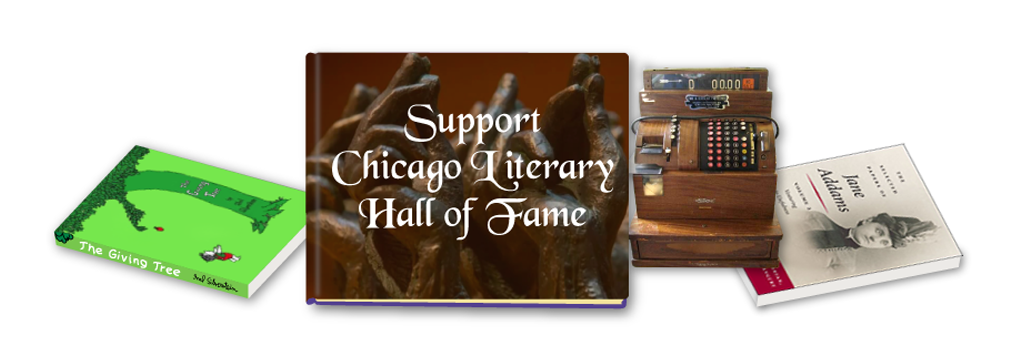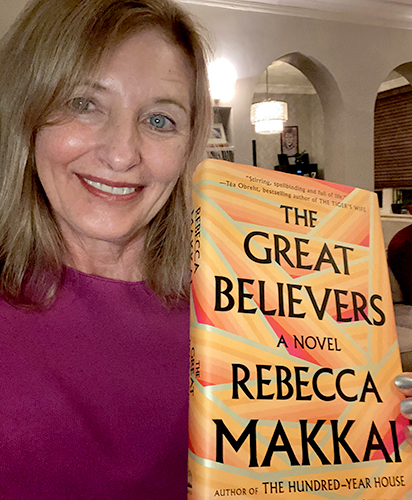A Chicago book that holds special meaning to me
Julia Borcherts
The Chicago book that I think of most often in these strange days is THE GREAT BELIEVERS, by Rebecca Makkai. It’s not just because her book begins in 1985 in Chicago, as the devastation of the AIDS crisis has begun to take hold, and that we’re experiencing a new pandemic that has also spun out of control due to mishandling by the federal government. And it’s not just because of her title, which references F. Scott Fitzgerald’s writing about the flu epidemic of 100 years ago.
I attended the launch party for THE GREAT BELIEVERS at Women & Children First in June, 2018, where Rebecca was in conversation with Owen Keehnen, who is a stellar Chicago LGBT historian, and they discussed her research and development process, which included interviewing so many at the forefront of this community during that time and reading every issue of the Windy City Times (Chicago’s LGBT weekly) from 1985–1992. I brought the book home, cracked it open and couldn’t put it down.
The story begins at a memorial for the first in a group of friends to die of AIDS, and takes the reader through to the early ’90s. There are necessary shifts to Paris, both in 2015 and back to the 1920s. But what swept me up in this journey, along with the richly developed characters and their fascinating and often heartbreaking stories, was how the city came to life for me in those pages—from Unabridged Bookstore to the 1986 Pride Parade to Marina Towers to Ann Sather to Illinois Masonic Hospital to Lincoln Park Zoo to the gorgeous apartments in Boystown—along with the beauty and strength of a community that comes together amid tragedy and devastation.
When I return to this book, as I do often, it reminds me not only of what I love most about our Chicago community but also of how much we’ve lost, how far we’ve come and how far we still have to go.









